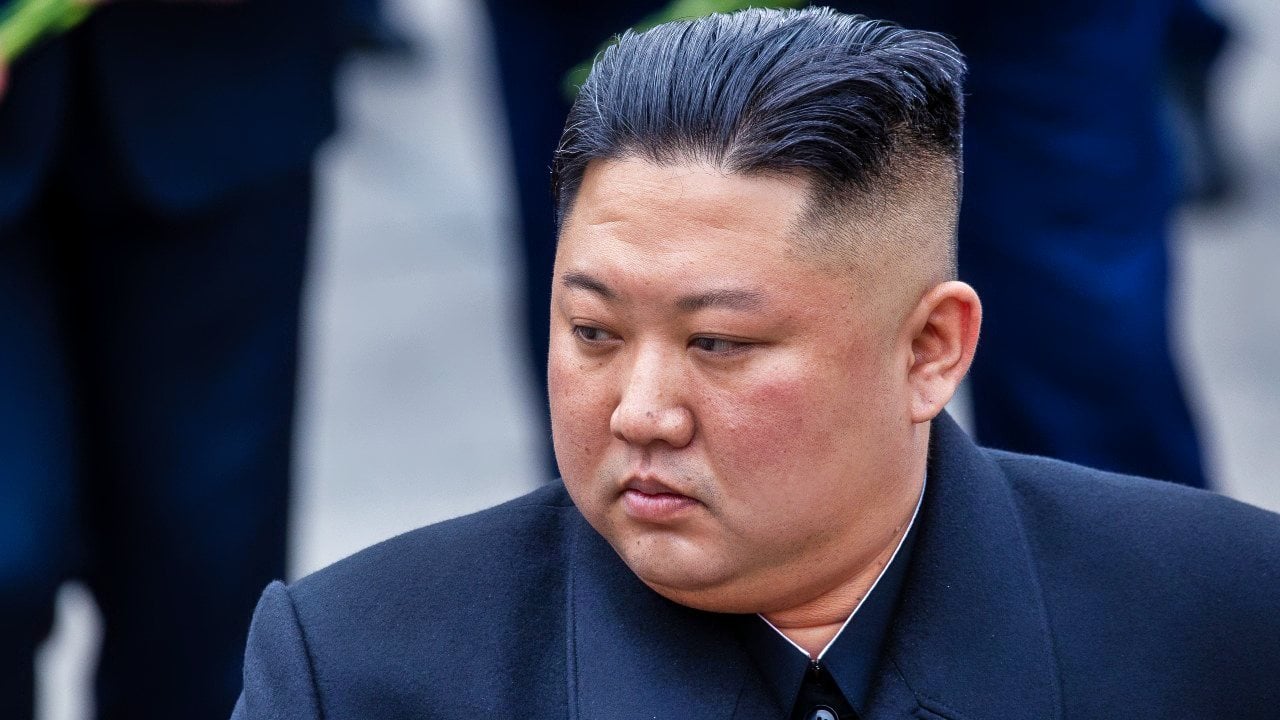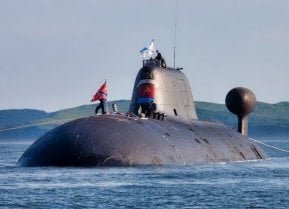Stronger Alliance or Nuclear Weapons? North Korea’s Military Might Means Tough Choices for South Korea
North Korea’s recent escalation in rhetoric, declaring South Korea as its “principal enemy,” may not signal an imminent military threat. Still, it does indicate a strategic shift with significant implications for regional stability.

Would this create a credible looming existential threat to America’s own security? That depends on what might take the old order’s place. The answer would be “yes” if there were a serious danger that, in the absence of U.S. leadership, a single authoritarian hegemonic power could come to dominate Eurasia the way the Soviet Union threatened to do in the late 1940s and 1950s. Though some see this outcome foreshadowed by today’s “no limits” partnership between Russia and China, the underlying realities of the distribution of wealth and power in the world today argue against it.
Much more likely is a multipolar global order in which a number of great powers—including China, India, Russia, Europe, and, of course, the United States—would balance and constrain one another. That would be much less congenial to Washington than the U.S.-led order of the post-Cold War era. Still, America would remain secure as the unchallengeable primary power in the Western Hemisphere. It is hard to see that it would make sense for America to fight a nuclear war to avoid this outcome—even assuming that such a war could be “won” and the old U.S.-led order preserved. To put it simply, but not inaccurately, America has a truly vital interest in maintaining its Monroe Doctrine primacy in the Western Hemisphere. In an era of strategic rivalry among multiple nuclear-armed great powers, it does not have a truly vital interest in perpetuating the U.S.-led global order of the post-Cold War era nor in sustaining the alliances that supported that order.
These complex questions must trouble many U.S. allies as they consider how far they can rely on U.S. strategic commitments in the decades ahead. Still, they are especially urgent for policymakers in Seoul. Without a clear and compelling existential U.S. imperative to contain North Korea, there is arguably nothing Washington can do to assure South Koreans that they can depend on America to deter a nuclear attack from the north or neutralize North Korean nuclear blackmail. That would be so even if the very real prospect of a second Trump presidency did not raise questions about whether America will even try to provide that assurance or will instead abandon strategic commitments to allies like South Korea.
This brings us back to the question of what South Korea can do, given that there is no clear way to strengthen the credibility of U.S. extended deterrence. It faces a stark choice between developing a nuclear deterrent or living with the ever-increasing risk of North Korean nuclear blackmail—a risk made all the more salient by Pyongyang’s newly hostile rhetoric. This is why President Yoon spoke out about the nuclear option and why so many South Koreans support it. The seemingly inescapable conclusion is that it is possible—even probable—that Seoul will build its own nuclear weapons within the next few years. Of course, that would endanger its U.S. alliance, but Seoul might well decide that a nuclear deterrent is more important to its security. Indeed, once South Korea develops a nuclear weapons program, the costs of the alliance might well outweigh the benefits.
This would, of course, have consequences beyond the Korean Peninsula. It would be a major blow to the non-proliferation efforts around the world, but the most significant effect would be just across the Straits of Tsushima. A decision by Seoul to go nuclear would amplify Japanese doubts about the credibility of U.S. extended nuclear deterrence and greatly increase pressure on Tokyo to go nuclear, too. That would then raise questions about the future of the U.S.-Japan alliance, and not just from the U.S. side. Like Seoul, Tokyo would have to ask whether the benefits of the alliance still outweigh the costs when Japan no longer needs to depend on U.S. extended nuclear deterrence. It is far from clear that the answer would be “yes.”
And this, of course, would have immense implications for the future of America’s entire strategic posture in East Asia and the Western Pacific. Here is the key underlying significance of North Korea’s newly bellicose language towards the South. By deepening South Korea’s fear of North Korean nuclear blackmail, Pyongyang has sharpened Seoul’s doubts about U.S. extended deterrence, pushed Seoul towards building its own nuclear weapons, and arguably nudged Japan in the same direction. All this exposes and increases the fragility of the two key alliances on which America’s entire strategic position in East Asia and the Western Pacific depends.
And that, perhaps, is exactly what Pyongyang intends. At first glance, it might seem that its interests would not be served by encouraging Seoul to go nuclear. But look closer. On the Peninsula itself, facing a choice between a nuclear-armed South Korea or a nuclear-armed United States across the DMZ, it makes sense for them to choose the former. Looking beyond the Peninsula, it surely serves North Korea’s interests to undermine America’s strategic position in the wider region. It certainly serves the interests of North Korea’s most important neighbors, partners, and supporters, China and Russia, whose principal ambition is to reduce and, if possible, eliminate America’s strategic weight and influence in regions close to their borders. And that may ultimately be what Pyongyang’s new brand of tough talk towards South Korea is really all about.
About the Author: Dr. Hugh White
Hugh White is an Emeritus Professor of Strategic Studies at the Australian National University in Canberra.
Main Image is from U.S. Air Force. All Other Images: KCNA/Screenshot.


